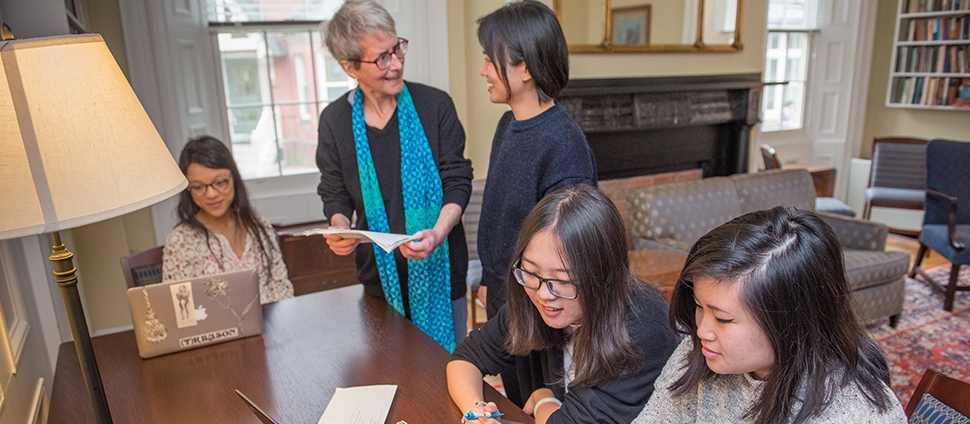Document Type
Article
Publication Date
2017
Publication Title
Glossa
Abstract
This article looks closely at two types of errors children have been shown to make with universal quantification—Exhaustive Pairing (EP) errors and Underexhaustive errors—and asks whether they reflect the same underlying phenomenon. In a large-scale, longitudinal study, 140 children were tested 4 times from ages 4 to 7 on sentences involving the universal quantifier every. We find an interesting inverse relationship between EP errors and Underexhaustive errors over development: the point at which children stop making Underexhaustive errors is also when they begin making EP errors. Underexhaustive errors, common at early stages in our study, may be indicative of a non-adult, non-exhaustive semantics for every. EP errors, which emerge later, and remain frequent even at age 7, are progressive in nature and were also found with adults in a control study. Following recent developmental work (Drozd and van Loosbroek 2006; Smits 2010), we suggest that these errors do not signal lack of knowledge, but may stem from independent difficulties appropriately restricting the quantifier domain in the presence of a salient, but irrelevant, extra object.
Keywords
quantifier spreading, universal quantification, language acquisition, every, exhaustive pairing, longitudinal
Volume
X(X)
Issue
X
First Page
1
Last Page
16
DOI
doi.org/10.5334/gjgl.166
Creative Commons License

This work is licensed under a Creative Commons Attribution 4.0 International License.
Version
Version of Record
Recommended Citation
Aravind, Athulya; de Villiers, Jill; de Villiers, Peter A.; Lonigan, Christopher J.; Phillips, Beth M.; Clancy, Jeanine; Landry, Susan H.; Swank, Paul R.; Assel, Michael; Taylor, Heather B.; Eisenberg, Nancy; Spinrad, Tracy; and Valiente, Carlos, "Children’s Quantification with Every Over Time" (2017). Philosophy: Faculty Publications, Smith College, Northampton, MA.
https://scholarworks.smith.edu/phi_facpubs/2


